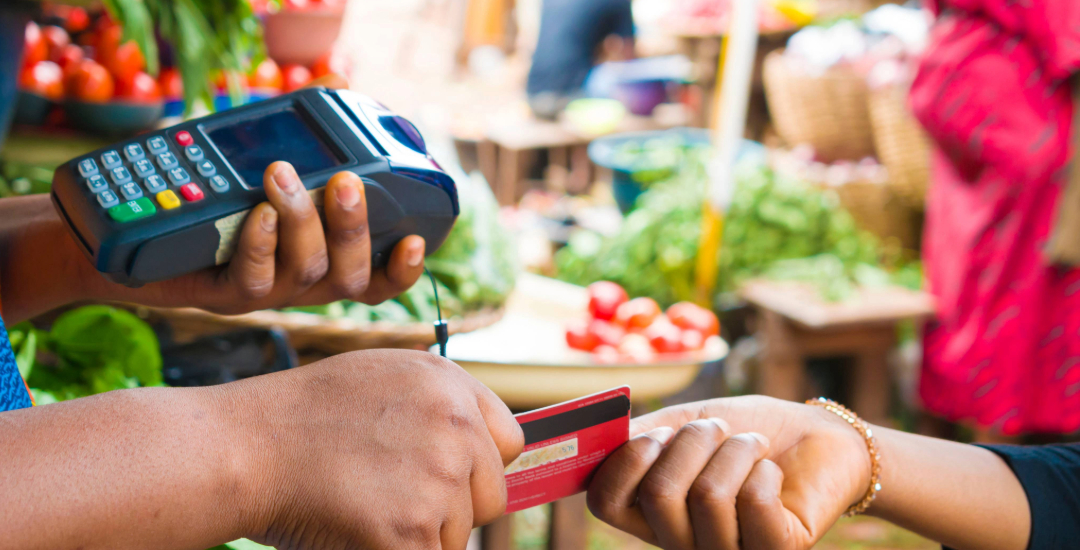Uplift Harris plans to send $500 a month to over 1,900 households in an 18-month span. Applicants, who will learn if they were selected in March, were required to be living 200% below the federal poverty line and in one of the top 10 high-poverty ZIP codes in Harris County. Harris County Public Health and Environmental Services processed over 70,000 Uplift Harris applications, according to a Houston Public Media report.
The COVID-19 pandemic provided momentum for guaranteed income programs in the U.S., a concept championed by Martin Luther King Jr. during the Civil Rights Movement. As of 2022, there were at least 28 cities across the country providing financial assistance to disadvantaged populations, according to the Texas Tribune. In the Kinder Institute's “Election 2023: Overview of Residents’ Policy Preferences” report released in October, over 75% of respondents supported the idea of universal basic income for low-income working adults.
Uplift Harris was announced and approved by the Harris County Commissioners Court last June, several weeks after the release of the 42nd annual Kinder Houston Area Survey, which found that 40% of respondents could not afford a $400 emergency. The program could face legal challenges, with Texas State Sen. Paul Bettencourt questioning its constitutionality.
Uplift Harris, funded through $20.5 million from the American Rescue Plan Act, is the first of its kind in Harris County, but similar programs have been introduced in other Texas cities. A guaranteed-income program in Austin paid 135 households $1,000 a month from September 2022 to September 2023, and the Urban Institute found that the majority of funds were spent on housing or food costs.
“I’m excited about the Uplift Harris program, because there’s a lot of science showing how a universal basic income approach can be really helpful for low-income families,” said Rachel Kimbro, the Herbert S. Autrey Chair in Social Sciences and dean of the School of Social Sciences at Rice University.
She co-authored a recent study on the subject, titled “Emergency Food Support Preference and Usage During COVID-19: A Neighborhood Study of Low-Income Black Mothers’ use of School-Based Food Distribution and P-EBT.”
“Housing is a concern — it definitely was to the mothers in our study," she said. "But then there’s food. Even though inflation is coming down, food prices haven’t.”
Kimbro’s study, which was featured in the American Journal of Public Health, focused on 45 low-income mothers living in the southeast Houston community of Sunnyside. A key finding was that respondents preferred to do their own grocery shopping instead of receiving food from distribution centers.
Kimbro said when policymakers contemplate assistance programs for low-income households, two key aspects that should be considered are efficiency and dignity.
“If your goal is to help people who need it, you need to make it as easy as possible for them,” she said. “There was also a dignity in being able to go to the store and use their card like they normally would. There was stigma for some in having to go and wait in a line to receive the food. To me it’s efficient and administratively easier to do EBT cards for people, and it allows them dignity. They can spend the funds on food, but for the food they want instead of whatever happens to be at the distribution center.”
According to the U.S. Census Bureau’s Household Pulse Survey, Houston is the nation’s second-leading spender on groceries, averaging $302.65 a week per household. Among states, Texas ranks No. 7 with an average weekly cost of $286.19.
Kimbro said it is a matter of when, not if, Houston-area decision-makers will need to take urgent food assistance needs into account.
“With hurricanes and flooding, Houston will be confronted with emergency situations where food distributions or some kind of support for food will be necessary,” she said. “We can learn from our experience during COVID on how to address that. Instead of using the funds to set up big distribution centers, maybe instead we should direct funds to people’s Lone Star cards.”



